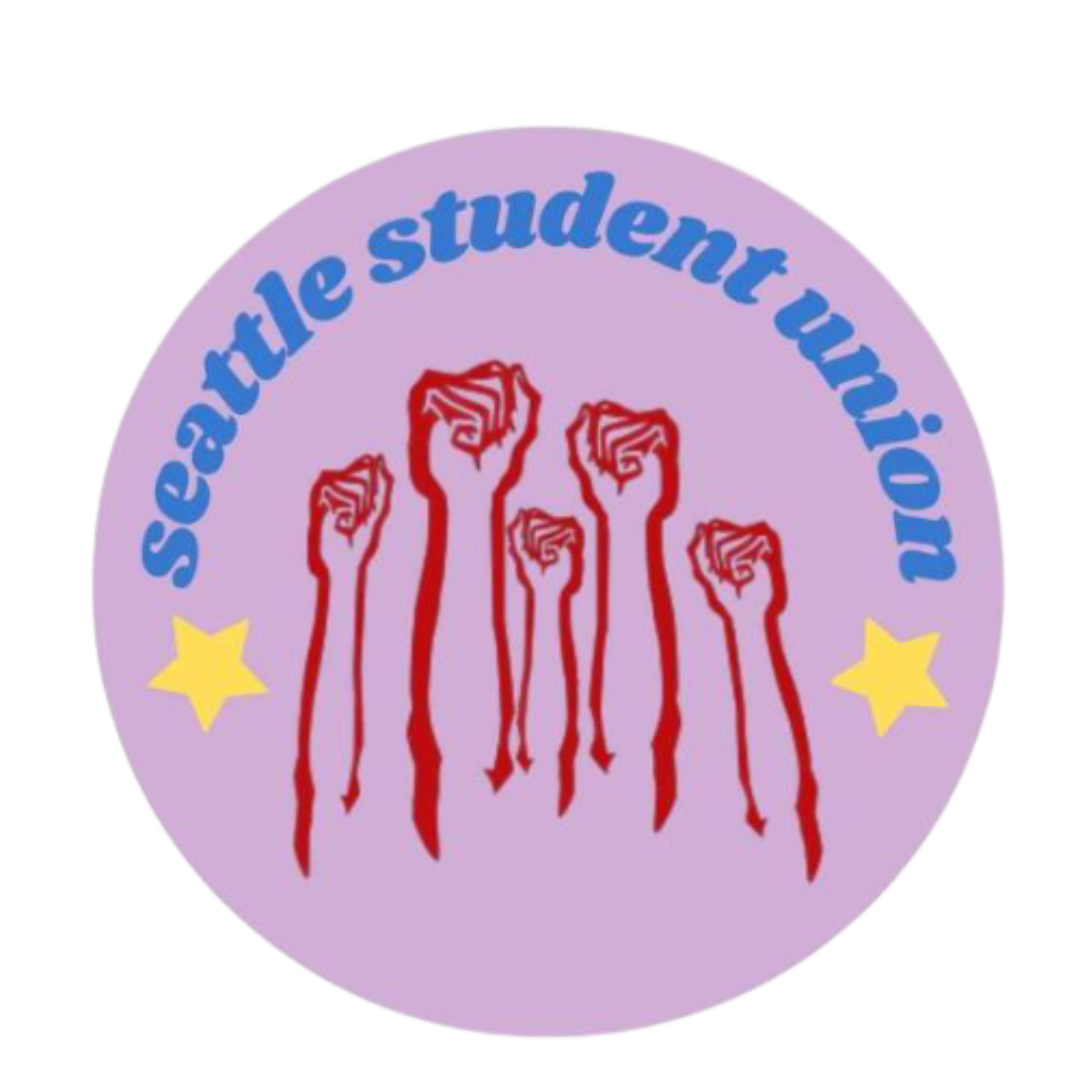Digital Literacy and MisInfo
It is increasingly evident that digital literacy is critical to young people in order to navigate our digitized world, especially in the aftermath of COVID. Seattle Student Union is in a unique position as a youth-led organization, as peer-to-peer programs are effective in addressing this issue. SSU has done work engaging youth in the Seattle area to tackle the issues of digital literacy, responsible use of technology, and misinformation. The dramatic rise in false and misleading information being spread across social media platforms, where youth are exposed to false and misleading information and are often ill-prepared against it, introduces various harmful long-term impacts. From distrust in institutions to damaging decision-making and critical thinking skills, these problems impact our peers, and SSU wants to change that.
Seattle Student Union plans on utilizing peer-to-peer connections to formulate a comprehensive, relatable, safe, and authentic digital literacy program. Through sharing experiences, discussing the dangers of false and misleading information, along with giving young people the tools we all need to effectively identify and debunk misinformation, SSU believes that not only will youth be better prepared against misinformation but also will be capable of more responsible use of technology and better-informed decision-making. With new technology and platforms, new tools and strategies to inform youth are needed and we are ready to cultivate the newest generation of critical thinkers.
Some of our goals are:
Enhancing digital literacy skills: SSU is dedicated to addressing the issue of digital literacy in our community. Educating students in our area through workshops and interactive training sessions on ways in which they can both identify and combat online misinformation is a priority for us. Our goal is to reach as many students as possible, as soon as possible, in order to vastly improve digital literacy skills.
Foster a community of responsible digital citizens: Peer-to-peer programs in which student leaders and peer counselors can cultivate a shared responsibility and dedication to responsible technology usage is a high priority for us. We want to give youth in our community the skills required for outstanding digital literacy, and by doing that we can create a robust network of young digital ambassadors who can then spread the information that they have learned with us to others in their own communities.
Drive systematic change in digital literacy education: Over time, we want to set the standard and spread the standard for digital literacy education. Influencing education policy and creating tools that can be used across the nation to educate youth is our long-term goal, and we plan to share our best practices to anyone interested in educating in digital literacy. In a rapidly evolving world, we need rapidly evolving resources to help young people adapt to the world they have to live in.
Resources:
This resource from University of Washington’s MisinfoDay that explains the various types of misinformation, along with the differences between misinformation and disinformation in this presentation.
Another resource from UW’s MisinfoDay, Mike Caulfield and Scott Leadingham address effective ways to fact-check information along with sources, along with highlighting the importance of doing so in this video.
This presentation, also from UW’s MisinfoDay, is from Rachel Moran-Prestridge, who discusses how TikTok and its algorithm is a breeding ground for rumors, misinformation, and conspiracy theories – delivered right to your #FYP.
Test yourself to see if you can spot the deepfake! UW’s CIP, Microsoft’s Defending Democracy Program, USA Today, and Sensity put together this quiz to educate people about deepfakes and synthetic media.
